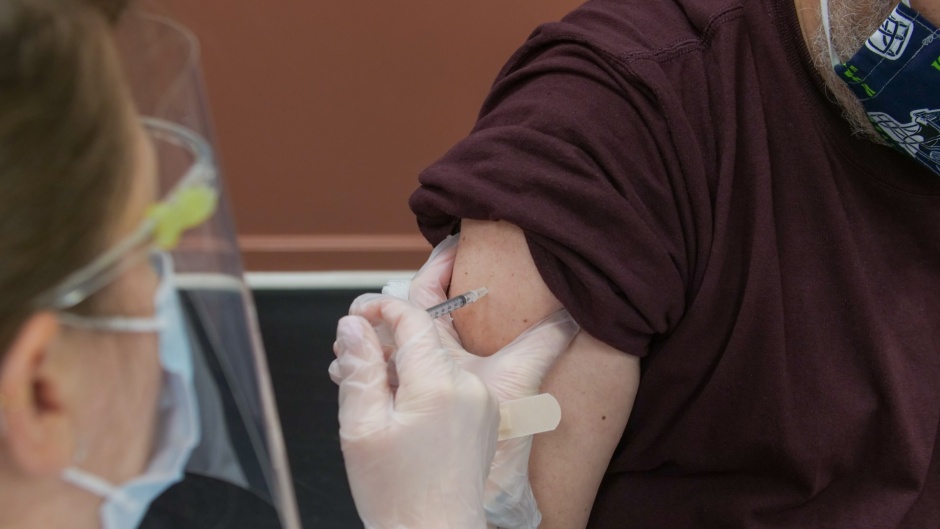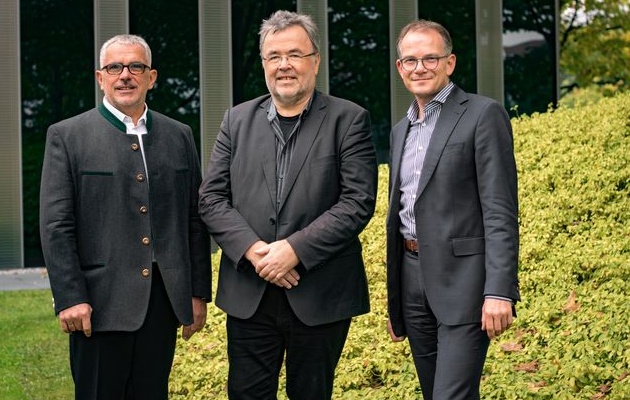German Evangelical Alliance encourages vaccination but opposes making it compulsory
The evangelical body warns that “everyone must take responsibility for their decisions”. Maintaining unity in the churches is a matter of addressing the Covid-19 debates with “spiritual sobriety”.
BAD BLANKENBURG · 11 JANUARY 2022 · 14:34 CET

“Freedom” and “unity” are the two of the main issues the German Evangelical Alliance (DEA) has campaigned for since its foundation, the body representing evangelical Christians said in a recent statement on Covid-19 vaccines.
How these two can coexist in these times of pandemic is an issue that many churches are struggling with.
For the DEA it is clear that “a person is a Christian because of his or her relationship with Jesus Christ, not because of his or her vaccination status”. In other words, they stand “clearly against making the vaccination issue a matter of faith”. On the contrary, what is needed is “spiritual sobriety”, especially when the pandemic is addressed in theological debates about the “end times”.
“Medical experts, common sense and the personal consideration of each individual” are required when people decide whether taking the vaccine or not, the DEA continues.
The body representing evangelical Christians in Germany encourages “voluntary vaccination” but opposes “the blanket defamation of non-vaccinated people as ‘pandemic drivers’, ‘conspiracy theorists" or ‘lateral thinkers’” because “the reasons for not getting vaccinated are manifold and the decision for or against vaccination lies in the freedom of the individual. Non-vaccinated people must not be blanketly excluded from public and church life”.
This said, the DEA adds that “everyone must take responsibility for their decisions and actions. Every decision has consequences that must also be borne personally. Anyone who is vaccinated must reckon with possible side effects. Those who decide against vaccination must be prepared for additional tests or other regulations to complicate their daily lives”.
“Neither should the negative effects of a personal decision automatically be passed on to the general public, nor should the general public stigmatise or exclude an individual from social life on the basis of a legitimate personal decision”, the statement argues.

Members of the German Evangelical Alliance board: Siegfried Winkler, Ekkehart Vetter, Reinhardt Schink. / DEA What the Evangelical Alliance “strongly condemns” is the “misuse of the vaccination debate” to question the rule of law and the institutions. Christians are urged to “not instrumentalise faith” for other interests. “We oppose the defamation of our democracy and resist violent radicals”, says the German Evangelical Alliance, because they “do not correspond to the nature of Christ”.
Christians should actively engage in the socio-political decisions: “We endure differences of opinion. These are not an obstacle to our unity in Christ”.
Three in four are vaccinated
Published in: Evangelical Focus - europe - German Evangelical Alliance encourages vaccination but opposes making it compulsory
